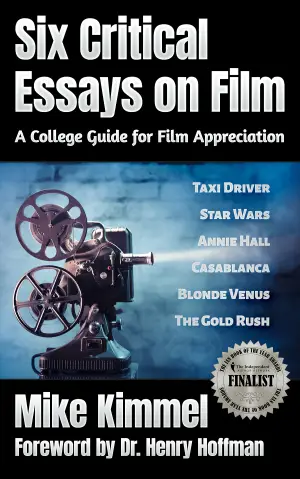As an avid reader who loves diving deep into contemporary political discourse, I was instantly intrigued by Abundance by Ezra Klein and Derek Thompson. The book is touted as a "#1 NEW YORK TIMES BESTSELLER" and promises to offer a paradigm-shifting perspective on the failures of liberal governance while urging a return to a politics of plenty. Given the growing national conversations around housing, climate change, and economic instability, I felt compelled to explore how these authors approached such pressing issues.
Klein and Thompson’s writing is engaging and packed with insights, making it a compelling read. I found their arguments about the current complications in American life—particularly around unaffordability and worker shortages—both enlightening and alarming. The authors dive into the historical nuances that have led us to this point, showing that our problems aren’t merely a product of bad governance but are often the unintended consequences of well-meaning policies from the past. This historical context resonated with me and made me reflect on how rules established to protect us could also be thwarting progress.
One of the highlights of Abundance is its thought-provoking nature. Many readers, including William Medwedeff, praised the book as “scintillating” and “hopeful.” I found myself nodding in agreement as I read sections that outlined how liberal policies have unintentionally led to stagnation in building essential infrastructure like affordable housing and green energy projects. The authors argue convincingly for a legal and institutional reevaluation that prioritizes tangible outcomes over bureaucratic red tape.
However, the book is not without its drawbacks. While it’s easy to be swept up in the optimistic vision presented by Klein and Thompson, some critiques have pointed out that the book sometimes reads like a collection of magazine articles strung together rather than a comprehensive treatise. Michael Lewyn highlighted this by noting that the book’s quick pace sacrifices depth in some arguments. I, too, wished there were moments where the authors could have delved deeper into counter-arguments or presented more nuanced discussions on the complexities of regulations. The question of whether making it easier to build housing and renewable energy is an unequivocally positive move is one that feels glossed over.
Moreover, while optimism is certainly refreshing, a few of the assertions made in the book may appear overly idealistic. For instance, there’s a sense that the authors might underestimate the potential for positive regulations to be manipulated or for harmful practices to arise if oversight is loosened. As seen in some critiques, the question remains: if it’s easier to build for good, won’t it also be easier to build for less virtuous aims?
Despite these critiques, I found Abundance to be a necessary read. It challenges us to think differently about how we approach governance and community building, pushing us beyond the entrenched ideas of scarcity and fear. I appreciated its focus on real-life implications and the push for innovative solutions, like the proposed adjustments to the National Environmental Policy Act (NEPA) for renewable energy projects.
In a world increasingly filled with ideological battles, Abundance dares to chart a path that appeals to both sides of the aisle, advocating for a view of government that is active yet accountable. I agree with Erika L, who remarked on the need to re-evaluate traditional assumptions and course-correct for modern threats. The authors effectively galvanize readers to envision a society that doesn’t merely react to crises but proactively shapes a future rooted in abundance.
In conclusion, I wholeheartedly recommend Abundance. While it may have some limitations regarding depth in certain areas, its call for a paradigm shift is both timely and invigorating. If you’re interested in reinventing the political discourse around pressing social issues, this book offers a thought-provoking, well-researched roadmap. It encourages us all to think beyond the confines of what is currently permissible, inviting fresh possibilities into the national dialogue.
Discover the transformative insights of Abundance that can enrich your life. >>








